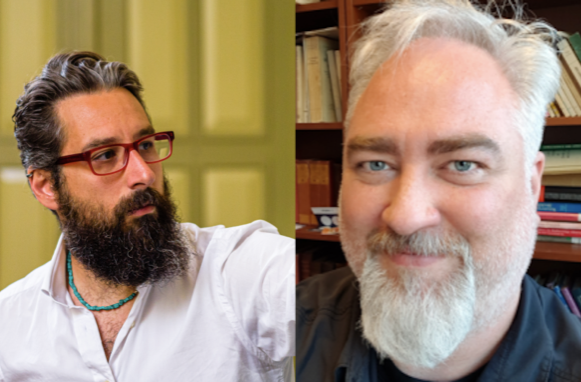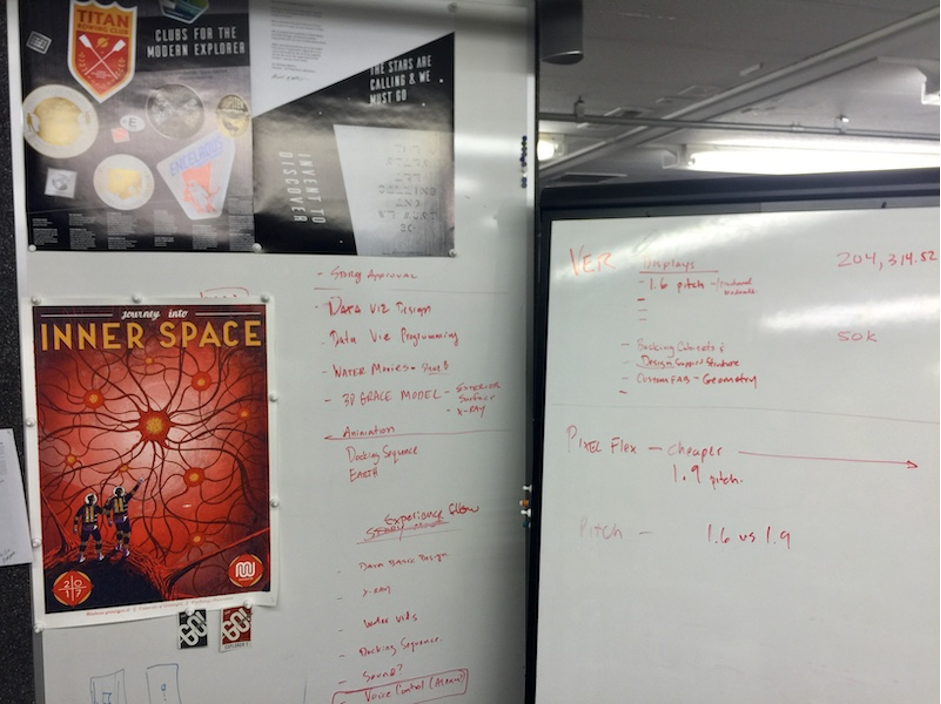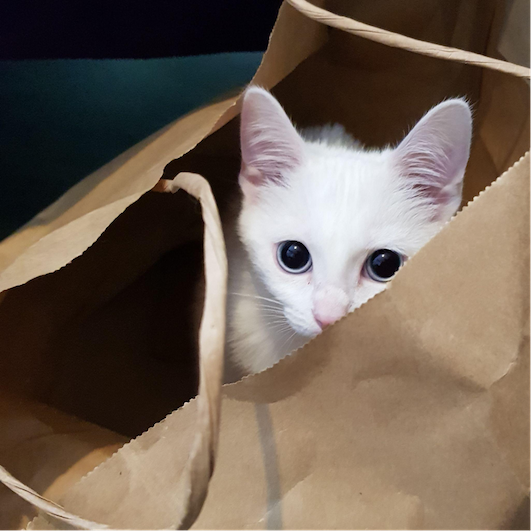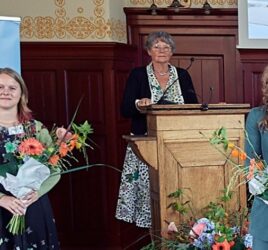
Editor-in-Chief and ‘spirit’ of Mindwise, Tassos Sarampalis, passes the baton to Jeremy Burman
Eight years after its foundation, Mindwise’s founding editor in chief, dr. Tassos Sarampalis, has decided to pass the baton. His enthusiasm brought Mindwise to the platform of public understanding of science it is today. New in charge: dr. Jeremy Burman, who’s been part of the mindwise editorial team for several years already, but in sheer motivation to “give psychology away”. A good time to reflect on prior accomplishments and motivations for the future.
You’ve put so much energy in MW for the last 8 years, bringing it to where it is now. What is your drive to do this?
Tassos: How does that old thought experiment go?
“If a tree falls in the woods and nobody is around to hear it,
does it make a sound?”
I find myself asking a similar question when I think of academia, at times. Now, don’t take this the wrong way; I have great respect and love for the academic world, so much so, that my thoughts get all discombobulated if I try to imagine myself doing anything else when I finally grow up. And yet I cannot help but feel somewhat alienated by our focus and priorities. Efficiency and volume of output (or input, in the case of grant money) seem to occupy the lion’s share of our collective aims, even if we will all do our best to deny it and claim that it is merely a proxy for quality (whatever that may mean). And I know this is hardly a revolutionary idea or news to anybody, but I feel that we are shooting ourselves in the proverbial foot when we, the individuals, quietly accept this reality and align our efforts with such priorities, which are really only relevant to us academics, being mere proxies and all. Nobody outside academia cares about our h-indices, or the impact factor of the journal our latest article appeared in, or even that multi-million-euro grant we were awarded (except, perhaps, when they realise they paid for it). Nor should they, to be fair.
OK, this answer seemed to reflect more positivity while it was taking shape in my mind, so let me try to reel it back in, a bit: I have great respect and love for the academic world, its members, its community, its ideals, its values, and its stories. And I find great joy in sharing them, both within and outside the confines of academia, which was my main motivation as editor-in-chief of Mindwise all these years. In this position, I felt the privilege and liberty of, for a change, setting aside the mundane aspects of academia and focusing instead on what I consider most important, which is to help the stories of academics make a sound. The creative freedom that accompanied this job was also, without a doubt, a juicy cherry atop the cake.
What does MW mean to you?
Jeremy: Mindwise isn’t just a blog. It’s our platform for the public understanding of science. That’s why Tassos started the debates, it’s why we have the podcasts, and it’s why we have our annual poster. These are all ways of engaging the audience; of extending psychology outside the lab and into the daily lives of everyone who’s interested; of “giving psychology away,” as George A. Miller famously put it in his 1969 presidential address at the American Psychological Association convention (p. 1071). I want to continue Tassos’ mission to do that, and also to take advantage of how it overlaps with my research specialty.
The public understanding of science is itself not just for the “valorization” of research. It’s also a broad and deep area of interdisciplinary scholarship allied with both the History and Philosophy of Science and Communications. (There’s a whole academic journal dedicated to the field.) Indeed, this is an area of expertise from which we all–as scientists and scholars–would benefit.
That’s why I wanted to become an associate editor of Mindwise when I joined RUG in 2016, and why I wanted to become editor in chief when Tassos decided he had accomplished his mission: although I now work primarily as an historian of science, with a particular interest in investigating meaning-change and the effects of translation on our understanding (across languages, after popularization, between disciplines, and over boundaries), my original training at the University of Toronto was in neuro-inflected scientific psychology. So you might say I speak both languages. (Before I went on to work as a producer at the Canadian Broadcasting Corporation, I even took a PhD-level course dissecting human brains at the University of Toronto medical school!)
There is, in other words, tremendous resonance between my past and my present; between my background in broadcasting, Mindwise, and my current work in the Theory and History department. I aim to do what I can to ensure that we will all benefit from that overlap.
Thinking about the past 8 years, which accomplishments stood out?
Tassos: I tend to avoid thinking in terms of accomplishments and concentrate instead on processes and experiences, of which I have had many and they’ve all been intriguing and educational, at least. What does stand out for me, however, is the sheer number (hundreds!) of individuals who have contributed to making Mindwise how we know it today. I will forever be grateful for that.
Any specific memory that will stay with you?
Tassos: Many wonderful memories from the past 8 years, but as a fan of the absurd, one of my favourite moments was to see the first Mindwise poster hanging on the wall at NASA.

When is your mission for Mindwise accomplished?
Jeremy: When everyone at the Heymans Institute thinks as much about their audiences’ understanding of their research as they do about their research, then I will have achieved my mission. Fortunately, I have many years in which to accomplish this goal. (They told me my retirement from the university will be in 2052.)
I am fortunate, however, to not have to do this alone. We have a great Editorial Board, with representatives from almost all of the departments. The PhD Board has now met several times. And I’m keen to reconstitute our student boards, to support the Debates and the Podcasts, although obviously the continuing Corona Crisis presents new challenges.
Still, as Miller (1969) put it: “I can imagine nothing we could do that would be more relevant to human welfare, and nothing that could pose a greater challenge to the next generation of psychologists, than to discover how best to give psychology away” (p. 1074).
How does Tippi feel about you taking on this job?
Jeremy: Tippi is wonderfully supportive. So long as I’m not late with her tuna, and don’t fall asleep before brushing her, then she is happy.
Any final questions or advice before the stick is handed over?
Tassos: I think I have more curiosity about the way in which Mindwise will develop in the future, rather than hopes or wishes, which are no longer my prerogatives. As for Jeremy, I wish him the freedom to define his residency unencumbered by the ghosts of editors past. I know he’s a historian and all, but steering demands a forward outlook and a vision of new shores.
Jeremy: Fortunately, Tassos and I are friends. And many of our interests overlap. So although he will have a less active role in management, he will always be part of our inner circle.
Also: would you consider serving as Editor Emeritus? (And what are the passwords?)




